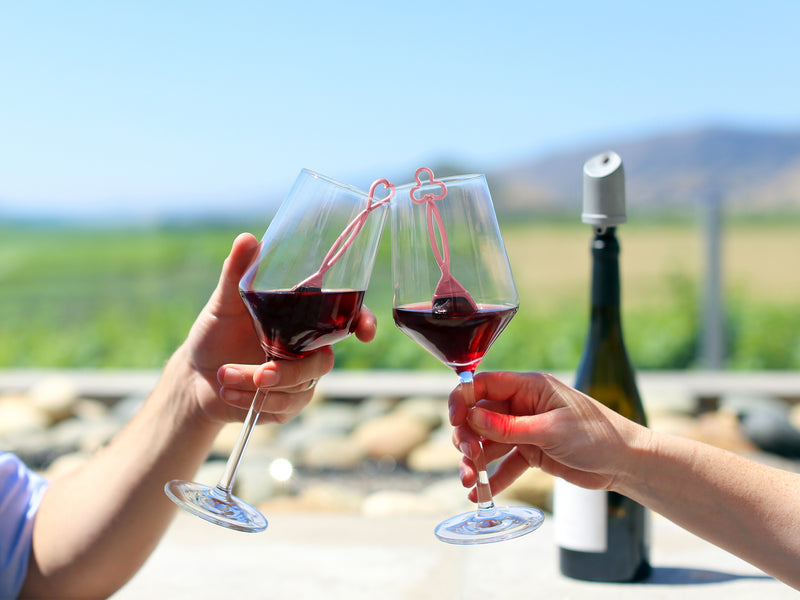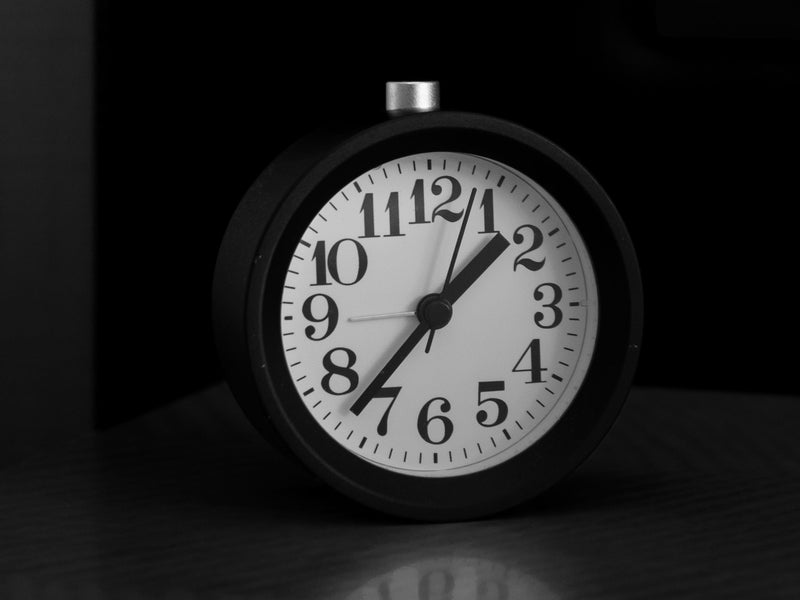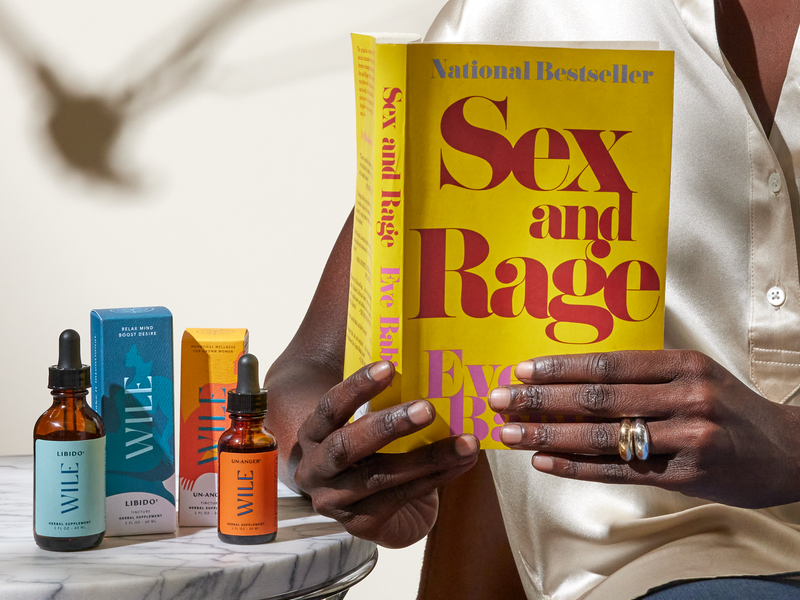A tropical root that can promote calm, reduce occasional anxiety and improve sleep.
Feeling the stress squeeze? It’s not just you. For a majority of women, stressors start piling up around age 40, just as changing hormones switch up your biological response to stress. If you find yourself asking to see the manager more than before, the double whammy of added stressors and hormonal changes could be part of the reason.
We wish we could give you a world free of disrespect and incompetence. But until we crack the code to make that possible, our Un-Anger tincture with kava is the next-best thing. This tropical root can reduce stress, promote sleep, and boost brain health. For days when you need a little extra chill, kava is in your corner.
Why We Love Kava
- We love kava’s calming effects and its well-documented ability to help relaxation.
- Kava has a long history of traditional use proving its ability to promote tranquility. We love being able to tap into and appreciate traditional knowledge as well as modern scientific study.
- There is ample clinical evidence backing kava’s efficacy.
Key Benefits:
Reduces occasional anxiety - in addition to the cultural knowledge about kava as a calming agent, scientists are finding that kava extracts called kavalactones affect a part of the nervous system called GABA receptors, which then signals the body to relax.
Studies of women experiencing heightened stress during menopause found that kava effectively reduced occasional anxiety symptoms.
Promotes sleep - you know how hard it is to sleep when your mind is racing? And as much as you try to convince yourself that 2 am is the wrong time to plan a remodel, your brain just keeps whirling through different possibilities for your kitchen cabinets? Kava can help your brain slow down and settle into a nice, relaxed and sleepy rhythm.
Neuroprotective - There’s growing evidence that kavalactones from kava can help protect your brain against both acute injuries like strokes and also long-term, degenerative ones, like Alzheimer's and dementia. While kava isn’t indicated as a treatment for any of these conditions at this time, it can complement medical interventions and support treatment.
Traditional Uses:
Cultures throughout Polynesia and the Pacific have used kava as a ceremonial drink that promotes relaxation, as well as for medicinal uses ranging from analgesics to anesthesia.
Kava is famous in the South Pacific with traditional use traced back at least 2000 years. Captain James Cook and other europeans “discovered” it in Pacific Islands in the 1700s. Its soporific properties were immediately identified, even by the Latin name Piper methysticum that the ship’s naturalist Johann Forster gave it. The Latin name translates to “intoxicating pepper” due to its deeply soothing effects.
In 1982, kava was purposefully introduced into Australian aboriginal communities as an alcohol alternative.
About the Plant:
Kava is a tall shrub with large green heart-shaped leaves from the South Pacific. The roots, which look like bundles of twigs, are medicinal, but the stems and leaves are toxic. If you take it, make sure to use high quality kava that only contains roots, like our Un-Anger tincture!
Sometimes it is called kava kava, ava pepper, ava root, and kawa.
Found In (Wile Products)
Things to Know about Kava:
Kava’s efficacy has made it a hotly debated and some would say targeted extract over the years. There have been concerns about its effect on the liver.
The high quality and low concentration of kava in our Wile Un-Anger tincture means that our products are effective and safe.
Kava has sedative properties, so avoid taking it alongside other sedative medications or in large quantities while drinking alcohol.
Avoid kava if you are pregnant, breastfeeding, or have Parkinson's disease.
Clinical Research
- Aporosa, S. “Apo.” “De-Mythologizing and Re-Branding of Kava as the New ‘World Drug’ of Choice.” Drug Science, Policy and Law 5 (September 19, 2019): 205032451987613. https://doi.org/10.1177/2050324519876131.
- Garner-Wizard, Mariann, Shari Henson, Dani Hoots, Samaara Robbins, and Gavin Van De Walle. “Kava Shown to Reduce Anxiety in Perimenopausal Women - American Botanical Council.” Edited by Thomas Brendler, Meghan Henshaw, Kristen McPhee, Beth Quintana, and Carrie Waterman. Maturitas 44 (2003): 103–9. https://www.herbalgram.org/resources/herbclip/issues/bin_289/review44283/.
- Leo, De, La Manna A, D. Lanzetta, S. Palazzi, Michela Torricelli, C. Facchini, and Gianluca Morgante. “[Assessment of the Association of Kava-Kava Extract and Hormone Replacement Therapy in the Treatment of Postmenopause Anxiety].” Minerva Ginecologica 52, no. 6 (June 1, 2000): 263–67.
- Pittler, and Ernst. “Kava Extract for Treating Anxiety.” The Cochrane Database of Systematic Reviews 1 (2003). https://doi.org/10.1002/14651858.CD003383.
- Savage, Karen, Con Stough, Gerard J. Byrne, Andrew Scholey, Chad A. Bousman, Jenifer Murphy, Patricia A. MacDonald, et al. “Kava for the Treatment of Generalised Anxiety Disorder (K-GAD): Study Protocol for a Randomised Controlled Trial.” Trials 16, no. 1 (November 2, 2015). https://doi.org/10.1186/s13063-015-0986-5.
- Teschke, Rolf, Jerome Sarris, and Isaac Schweitzer. “Kava Hepatotoxicity in Traditional and Modern Use: The Presumed Pacific Kava Paradox Hypothesis Revisited.” British Journal of Clinical Pharmacology 73, no. 2 (February 1, 2012): 170–74. https://doi.org/10.1111/j.1365-2125.2011.04070.x.
- Tzeng, Yew-Min, and Meng-Jen Lee. “Neuroprotective Properties of Kavalactones - PMC.” Neural Regeneration Research 10, no. 6 (June 2015): 875–77. https://doi.org/10.4103/1673-5374.158335.
- Wheatley, David. “Stress-Induced Insomnia Treated with Kava and Valerian: Singly and in Combination.” Human Psychopharmacology-Clinical and Experimental 16, no. 4 (June 1, 2001): 353–56. https://doi.org/10.1002/hup.299.
Sources
- “KAVA: Overview, Uses, Side Effects, Precautions, Interactions, Dosing and Reviews,” n.d. https://www.webmd.com/vitamins/ai/ingredientmono-872/kava.
- Mental Health America. “Kava,” n.d. https://www.mhanational.org/kava.
- Van De Walle Ms Rd, Gavin. “Kava Kava: Benefits, Side Effects and Dosage.” Healthline, February 10, 2018. https://www.healthline.com/nutrition/kava-kava#TOC_TITLE_HDR_2.
This article is intended for informational purposes and is not intended to replace a one-on-one medical consultation with a professional. Wile, Inc researches and shares information and advice from our own research and advisors. We encourage every woman to research, ask questions and speak to a trusted health care professional to make her own best decisions.




